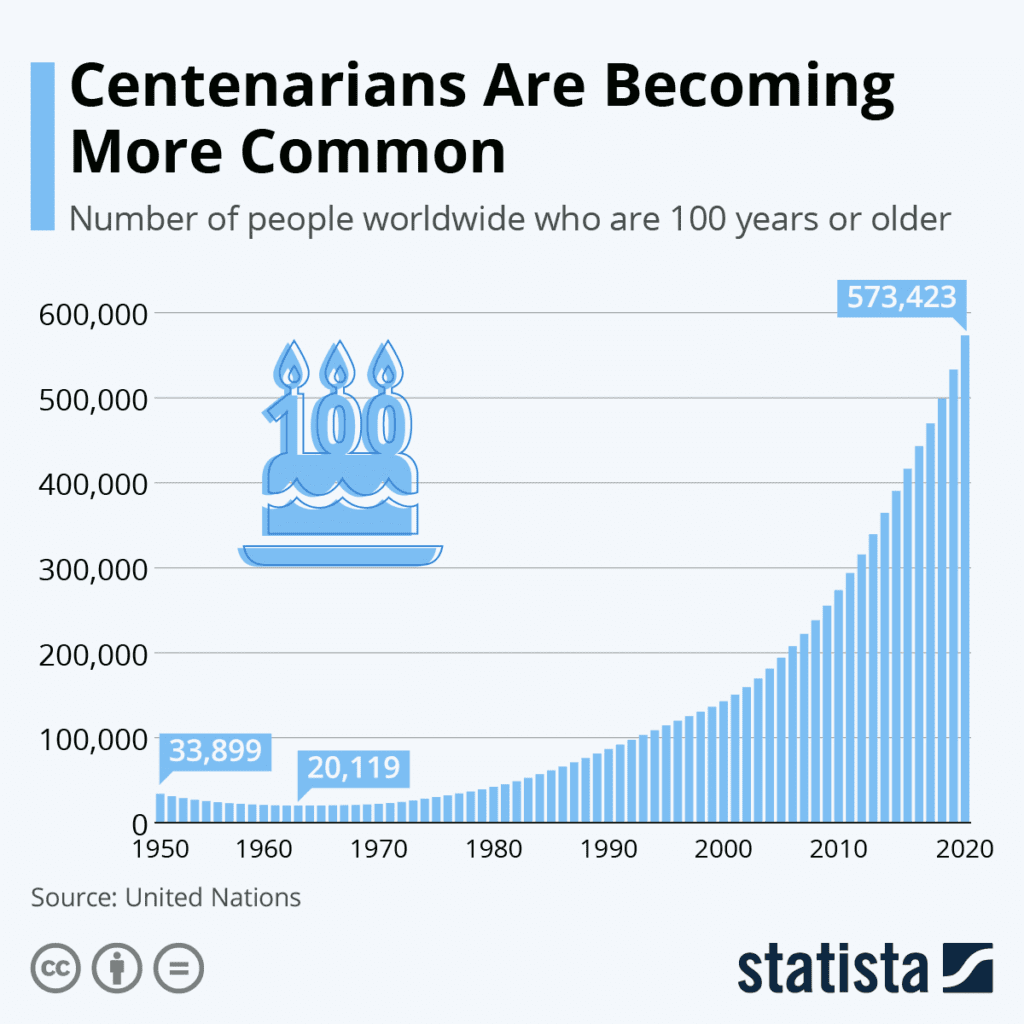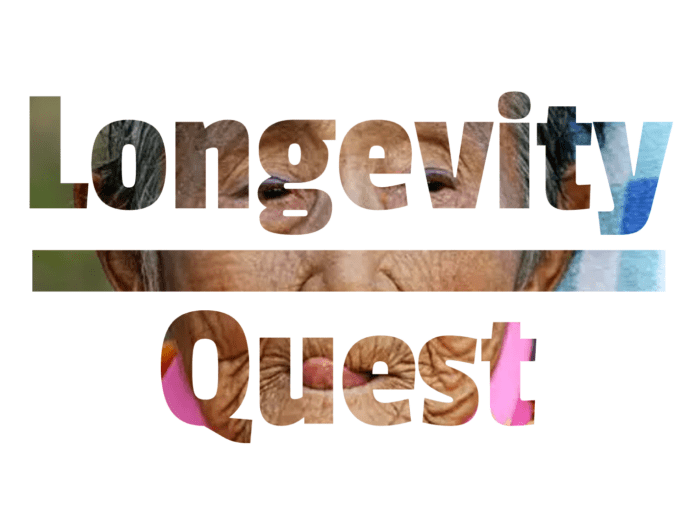In the annals of human history, each generation has aspired to live longer, healthier lives. Today, Generation Z (Gen Z) stands on the cusp of a revolutionary shift that might see them outliving previous generations by a significant margin. As a nutrition and fitness specialist, I’ve observed the confluence of advanced scientific research, improved nutrition, and heightened health awareness that positions Gen Z at the forefront of this longevity revolution. This article is part of our The Ultimate Human series.
The Science of Longevity
Recent studies have delved deep into the biological markers of exceptionally long-lived individuals. A groundbreaking study highlighted by Science Alert revealed key differences in the blood of those who live beyond 100 years. These differences, related to immune system functionality and inflammation, provide valuable insights into the biological underpinnings of longevity.
Moreover, the scientific community is not just passively observing these phenomena. Researchers are actively working on harnessing these insights to extend biological age. The goal is not just to add years to life but to add life to years, ensuring that extended lifespans are accompanied by improved health and vitality.
Nutrition and Lifestyle: The Pillars of Extended Life
While scientific advancements play a crucial role, the importance of nutrition and lifestyle cannot be understated. Gen Z, with its access to a plethora of information, is more nutritionally aware than any previous generation. They understand the value of a balanced diet, the importance of physical activity, and the detrimental effects of processed foods and sedentary lifestyles. This knowledge, combined with the availability of healthier food options and fitness regimes, positions them advantageously in the longevity race.
The Rise of the Centenarians

Furthermore, Insider’s exploration into longevity provides valuable tips from experts on how to enhance lifespan. These insights, ranging from stress management to regular health check-ups, resonate well with Gen Z‘s holistic approach to health and well-being.
It’s not just hypothetical musings that suggest a trend towards extended lifespans. Data underscores this shift. As highlighted by the World Economic Forum, the 100+ age group is among the fastest-growing demographics globally. This trend is not just a testament to improved healthcare but also to better nutrition, increased physical activity, and advances in medical science.
Conclusion
As we stand at this juncture, the promise of a longer, healthier life for Gen Z seems not just plausible but highly probable. With the combined forces of science, nutrition, and heightened health awareness, the dream of living beyond a century may soon be a common reality rather than an exception. As researchers continue to unravel the secrets of longevity, and as Gen Z continues to prioritize health and well-being, the future looks promisingly long-lived.





